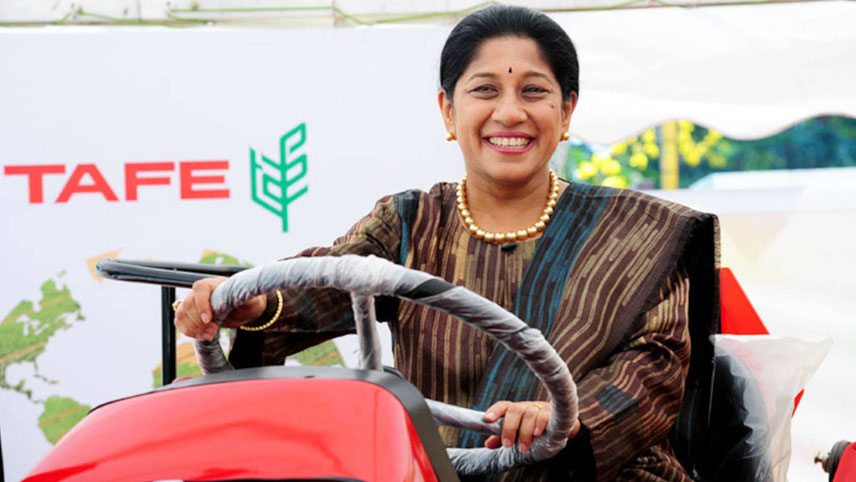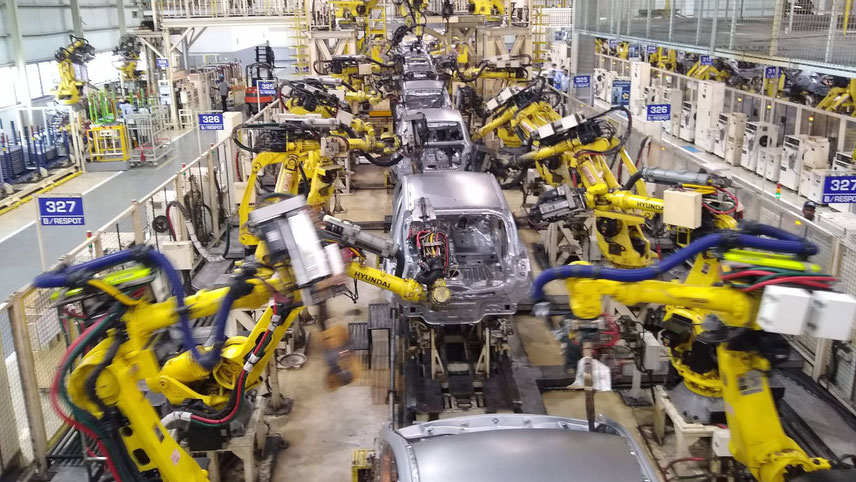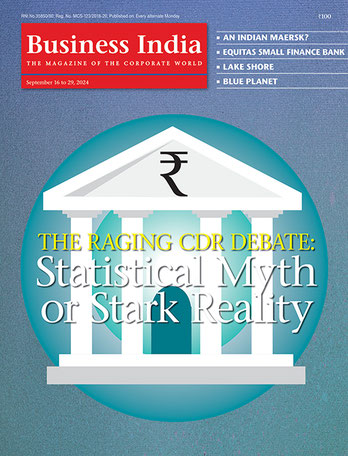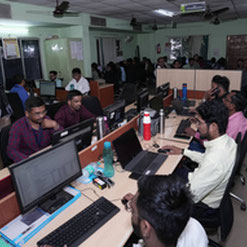The job losses and economic contraction that followed the national lockdown has prompted the Modi government to rush through a spare of reforms, which include three new labour codes. The codes, among other things, introduce a new category of employment called Fixed Term Employment (FTE). This is a concept borrowed from Europe, where it failed to pass muster among economists. FTE, in layman’s language, is a contract in which a company or an enterprise hires an employee for a specific period of time without the services of the intermediary contractor. In most cases, it is for a year but can be renewed after the term expires, depending on the requirement. In a fixed-term employment, the employee is not on the payroll of the company. Fixed-term workers are entitled to all statutory dues that permanent workers in the same unit get. However, fixed-term contract workers are not entitled to retrenchment compensation like permanent employees. Economists believe that the changes may come help the private industry in the longer run. Before the labour codes, about a dozen state governments had issued notifications dismantling many basic protections, such as payment of minimum wages and minimum working hours – some, for a period of the next three years. These moves were said to be aimed at injecting some life into the crippled economy. Economists point out that, in Europe, FTE did not help contract workers get equal pay, provident fund, gratuity and other social security facilities on a par with permanent employees, as the government claims it will do in India. In fact, it ended up harming the workers. Sources in the RSS-affiliated Bharatiya Mazdoor Sangh say that FTE is ‘creating a lawless regime’, which should not be in the statute at all. At best, it should be restricted to contract workers in the Occupational Safety, Health and Working Conditions (OSHWC) Code 2020 to ensure parity in pay and social security for contract workers with permanent employees. By including it in the IR Code 2020 (Standing Orders there-under) as a separate category of workers, it is an invitation to trouble. New category How exactly the government will navigate the trouble remains to be seen. So what exactly will FTE do in political terms? Trade unions are up in arms for a variety of reasons. To begin with, FTE has been included in the Standing Orders (First Schedule of the IR Code 2020) applicable to all industrial establishments, adding a new category of employees to the existing five: permanent, temporary, apprentices, probationers and badlis. It will swell the ‘temporary’ category of workers, though by a different name. Secondly, the Central Rules of 1946 under the Industrial Employment (Standing Orders) Act of 1946 provided that ‘temporary’ and ‘probationers’ will become ‘permanent’ after “a period of three months in the same or another occupation in the industrial establishment”. There is little chance of this being retained in rules to be framed, because FTE is now universal in applicability: it is part of the Code on Social Security (SS) 2020; the Central government has adopted it for its own hiring and it already exists in the formal private sector for the past two decades.
-
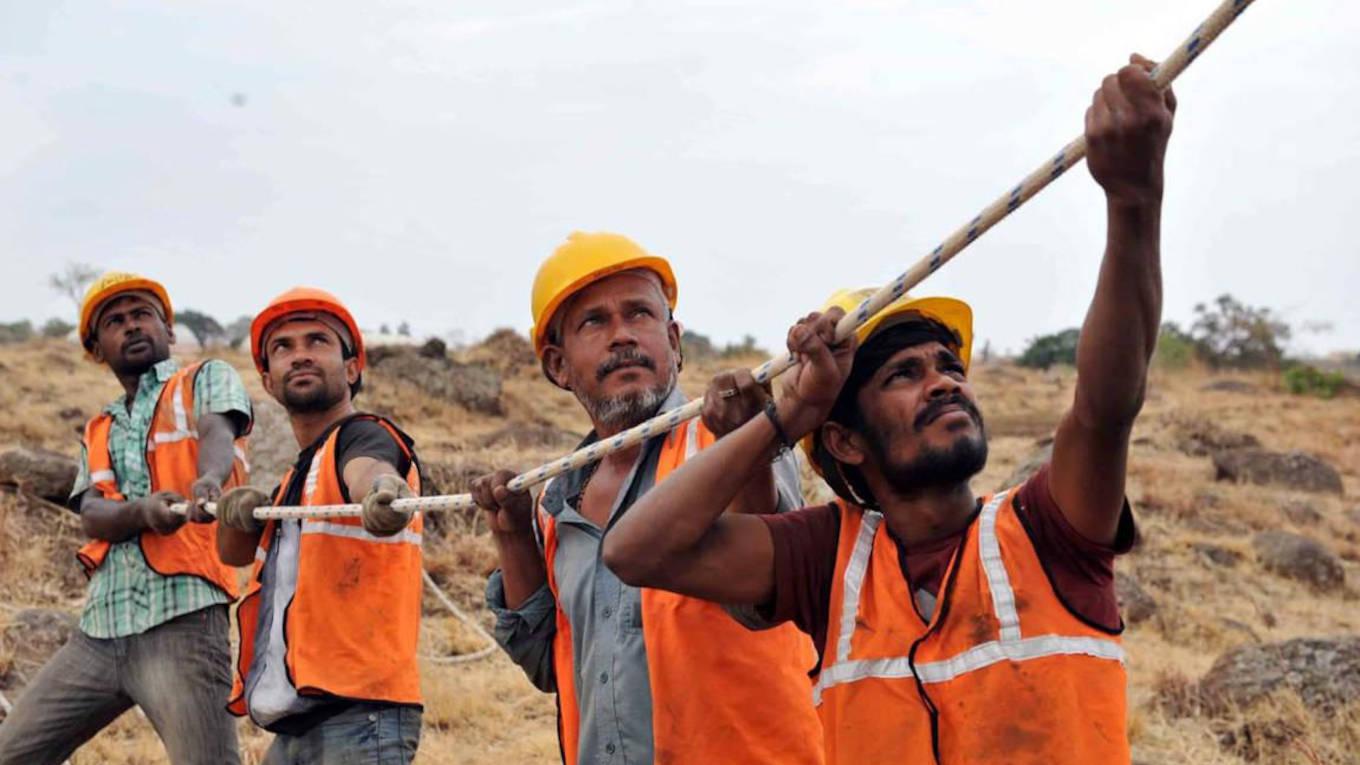
Pulling it along: will FTE improve their lot?














